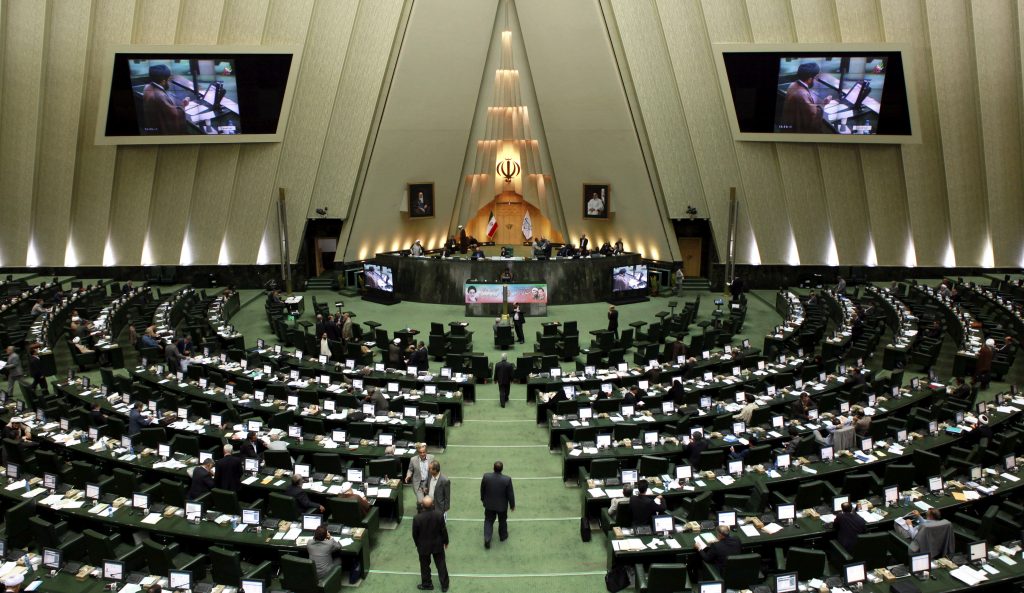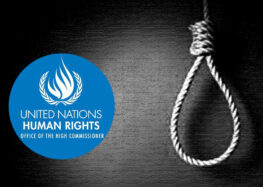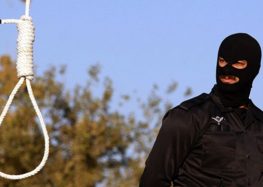Amendment Could Save Thousands of Drug Traffickers on Death Row in Iran

An Iranian parliamentary committee has voted to eliminate the death penalty for drug traffickers. If approved by Parliament and the Council of Guardians, the amendment could save thousands of people currently on death row.
“During the course of the deliberations to amend the law to combat drugs, members of the Legal and Judicial Affairs Committee in Parliament today voted to eliminate the death penalty as a punishment for carrying drugs of any kind or amount,” said spokesman Hassan Norouzi, in an interview with the hardline Fars News Agency on March 12, 2017.
“This legislation would be retroactive and those who have been sentenced to death for carrying drugs will be eligible and their sentence will be commuted,” he added.
The convicts would instead be sentenced to between five and 10 years in prison with no right to appeal, said Norouzi.
The proposed revision must be approved by Parliament and the Council of Guardians, which must certify that the law conforms to the Constitution and Islam, before the new law can go into effect.
Initially, the amendment included revisions to Article 46 of the Law Against Drug Trafficking, which made the death penalty applicable for “organized drug lords,” “armed trafficking,” “repeat offenders” and “bulk drug distributors.”
The committee has decided, however, that convicts should not be executed based on the quantity or type of drugs they traffic.
In November 2016, when the amendment was referred to the committee with the support of a large majority of members of Parliament (147 voted yes, 21 voted no, 4 abstained), Norouzi said that some 5,000 prisoners were on death row and “90 percent of them are between the ages of 20 and 30-years-old and are first-time offenders.”
“The majority of executions are for drug-trafficking crimes and the Western countries and international organizations are taking political advantage of (the situation),” said MP Ezatollah Yousefian, in a parliamentary debate on November 23, 2016.
“This is extremely costly for our country,” he added. “Those who are being condemned to death are not traffickers in the true sense. The real traffickers are those who are managing the drug trade from hotels rooms in Ankara and Istanbul.”
Iran has been widely criticized by international human rights organizations for maintaining one of the highest execution rates per capita. The judiciary in particular has come under pressure to end capital punishment for petty drug offenses.
“Despite an initial slowdown in executions in the first months of 2016, authorities had executed at least 203 individuals by October 25,” said Human Rights Watch in its 2016 country report on Iran.
“Human rights groups, however, report that the number might be as high as 437, with most executions taking place in the second half of the year,” added the report. “According to government authorities, individuals convicted of drug charges constitute the majority of those executed in the country.”
Despite growing calls to restrict the death penalty, Judiciary Chief Sadegh Larijani has maintained his hardline position.
“We don’t think that the laws concerning drug trafficking are revelations from God,” he said on September 29, 2016. “They are man-made laws that have not had perfect results.”
“But it’s wrong to say that executions have had no effect,” he added. “If the judiciary had not been strict, we would have been in a far worse situation.”
Deliberations on the amendment are currently occurring at the committee stage.






